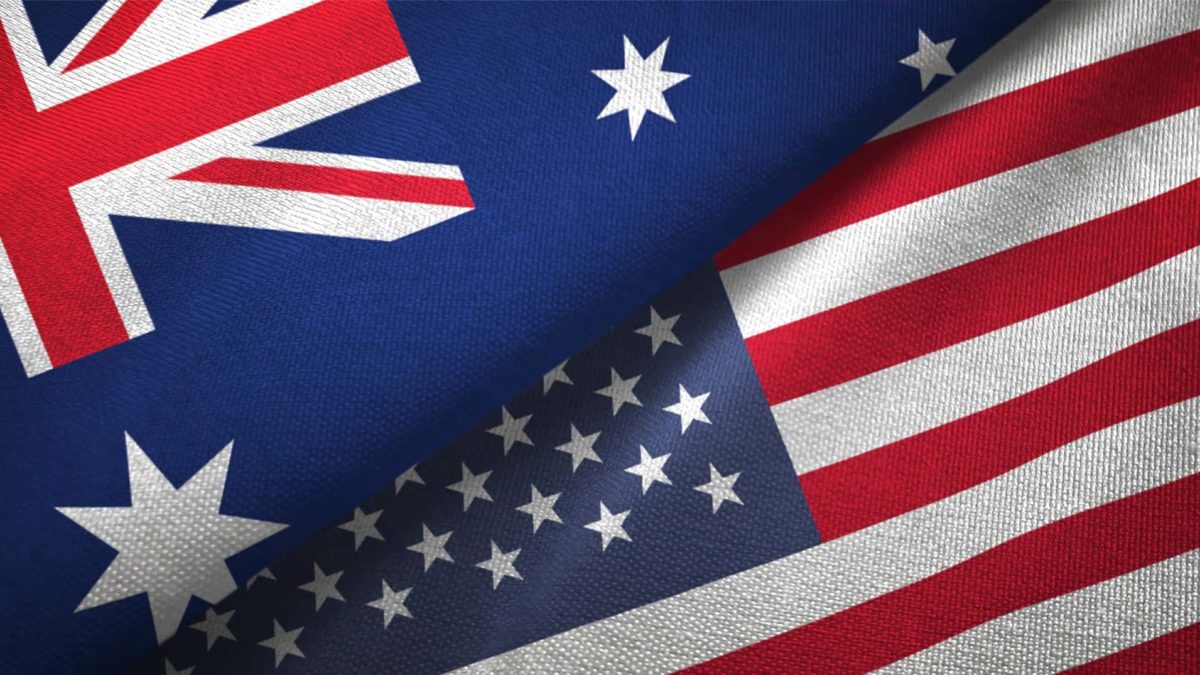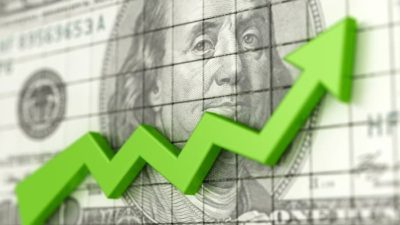If an ASX investor wished to buy an index fund on the Australian markets right now, chances are they will come up against two names: The Vanguard Australian Shares Index ETF (ASX: VAS) and the iShares S&P 500 ETF (ASX: IVV).
These two exchange-traded funds (ETFs) are amongst the most popular index funds on the ASX. Both offer something similar on the surface.
The Vanguard Australian Shares ETF represents an investment in the largest 300 companies on the Australian share market by market capitalisation. The iShares S&P 500 ETF represents the largest 500 companies on the American stock market.
But which should ASX investors choose? IVV or VAS? Australia or America? The choice is a little bit more complicated than it might first appear.
The battle of the ASX ETFs: VAS vs. IVV
At first glance, the IVV ETF might look like the obvious choice. After all, this ETF has returned a whopping 15.88% per annum over the five years to 30 June 2024. VAS has only managed an average of 7.24% per annum over the same period.
IVV's top holdings are world-class and world-leading dominators like Apple and NVIDIA. VAS boasts the respectable but far from world-famous Commonwealth Bank of Australia (ASX: CBA) and National Australia Bank Ltd (ASX: NAB) among its largest positions.
However, the choice isn't so clear-cut for investors who might be more ardent students of investing history.
Sure, IVV beats the pants off the VAS ETF over the past five or even ten years. But this reflects a trend that may or may not continue to work in the iShares S&P 500 ETF's favour. That would be the enormous run-up in the valuations of America's largest tech giants.
The gains of the IVV ETF's top holdings have been astronomical. Apple alone has risen by more than 335% since this time in 2019, and Nvidia has exploded by more than 2,800%.
Other top IVV holdings like Tesla, Amazon, Alphabet and Meta Platforms have delivered triple-digit gains as well.
Sure, this might continue into the future. But that's not a certainty. To illustrate, if Apple were to double its share price over the coming five years, it would have a stupendous market capitalisation of almost US$7 trillion.
That's not impossible, of course. But it's arguably far from a sure thing.
Por que no los dos?
Another point worth mentioning is the iShares S&P 500 ETF's longer-term performance. Sure, the past five and ten years have been epic for investors. But its long-term performance has been far less impressive. As of 30 June, the IVV ETF has returned an average of 6.85% per annum since its inception in 2000. As the saying goes, past performance is no guarantee of future returns.
So, if I had to choose between these two ETFs today, I would go with an equal allocation to both. I think the best solution for investors is to achieve a balanced and highly diversified portfolio, which would arguably be achieved by an equal allocation to both the IVV and VAS ETFs.
This would balance out nicely. The IVV ETF's high concentration towards tech stocks complements VAS' tilt towards banks and miners. The iShares S&P 500 ETF has traditionally delivered growth over dividends, while the Vanguard Australian Shares ETF has leaned towards income over growth.
Together, these two ETFs would make for a fine marriage in my eyes.







